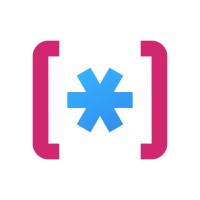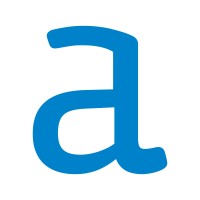Compare - Alation VS Lightdash
Here’s the difference between Alation and Lightdash. The comparison is based on pricing, deployment, business model, and other important factors.
About Alation
Alation provides a data cataloging platform. It automatically builds a catalog of useful data documentation, covering all of the data sources, and allows users to collaborate and work on the data. It processes enterprise unstructured data by centralizing knowledge into a single place using machine learning and human analysts. The search can be made using keywords in plain English. Enables users to access relevant information (including experts, lineage, keys and indexes, relevant queries) and documentation on all tables, across the organization’s data sources. The clients include PepsiCo, Dow, Fox Networks, BMW and others.
About Lightdash
Lightdash removes the gap between your data transformation layer and your data visualization layer. It enables data analysts and engineers to control all of their business intelligence (data transformations/business logic as well as data visualization) in a single place. Lightdash integrates with your dbt project and gives a framework for defining metrics and specifying joins between models all within your existing dbt YAML files. The data output from your dbt project is then available for exploring and sharing in Lightdash.
Comparison Table
| Overview | ||
|---|---|---|
| Categories | Data Discovery, Data Cataloging | Metrics Store, Business Intelligence (BI) |
| Stage | Late Stage | Early Stage |
| Target Segment | Enterprise, Mid size | Mid size, SMBs |
| Deployment | SaaSOn Prem | Open source |
| Business Model | Commercial | Open Source |
| Pricing | Free trial | Freemium |
| Location | California, US | UK |
| Companies using it | ||
| Contact info |
Add to compare

